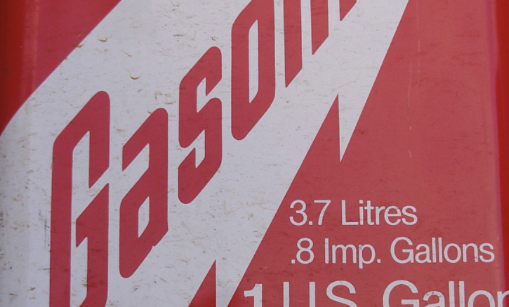The price of crude bounced back this week, but some say even if it stabilizes, the damage has already been done.
After months of falling oil prices, crude-oil futures rallied back this week, climbing up 7 percent to $53.05 on the New York Mercantile Exchange. Now only $2 shy of the $55-$90/bbl sweet spot that Houston has long benefitted from, you can almost hear a collective sigh emanating from Texas’ largest metro. But some experts are warning not to celebrate just yet.
“We’re seeing a continuation of concerns about capital-spending cuts and refinery strikes,” Phil Flynn, senior market analyst at the Price Futures Group, told MarketWatch.
While anticipated drops in U.S. oil production have helped crude prices balloon upwards of 19 percent over the last four sessions, many fear the world’s oil supply is simply too high to curb low prices throughout the next five months, MarketWatch reported.
“It seems this short-covering rally should run out of steam soon,” Matt Smith, a commodity analyst with Schneider Electric, told the news source.
What this Means for Houston
The effects of low oil prices have already proven an immediate detriment in Houston, spawning a rash of energy sector layoffs, so a slight rise in oil prices is very promising. Were oil prices to remain low, the eventual effects to the city’s housing market could be significant.
As seen during the oil crash of the 1980s, both the local job market, which is heavily geared towards energy, and home prices are inexorably linked to the fate of crude. Though, as we recently reported, the full effects on both won’t be realized until some time in the future.
The recent boost, pushing price per barrel above $50, is an exciting prospect for some, as it means a return to the Houston sweet spot, but a recent summary of the city’s economic standing from the Greater Houston Partnership suggests that in some respects the damage has already been done.
“Even if crude stabilizes at $50 a barrel, energy companies will face severe restrictions on cash,” the report read.
Reviewing exploration budgets from more than 40 energy companies, the partnership’s report found that overall spending is expected to be down 40 percent compared to 2014, which suggests 9,000 to 12,000 fewer wells will be drilled.
So, while oil prices may stabilize, production is likely to remain low to curb any further steep drops, which means the dip in energy employment is unlikely to fill in the near future. However, the partnership does still estimate some employment growth over the next year; though, at a much slower pace than recent years.
How, if at all, home prices will be effected will depend largely on the direction crude-oil futures take. According to the partnership’s report, the consensus is they won’t recover this year.

